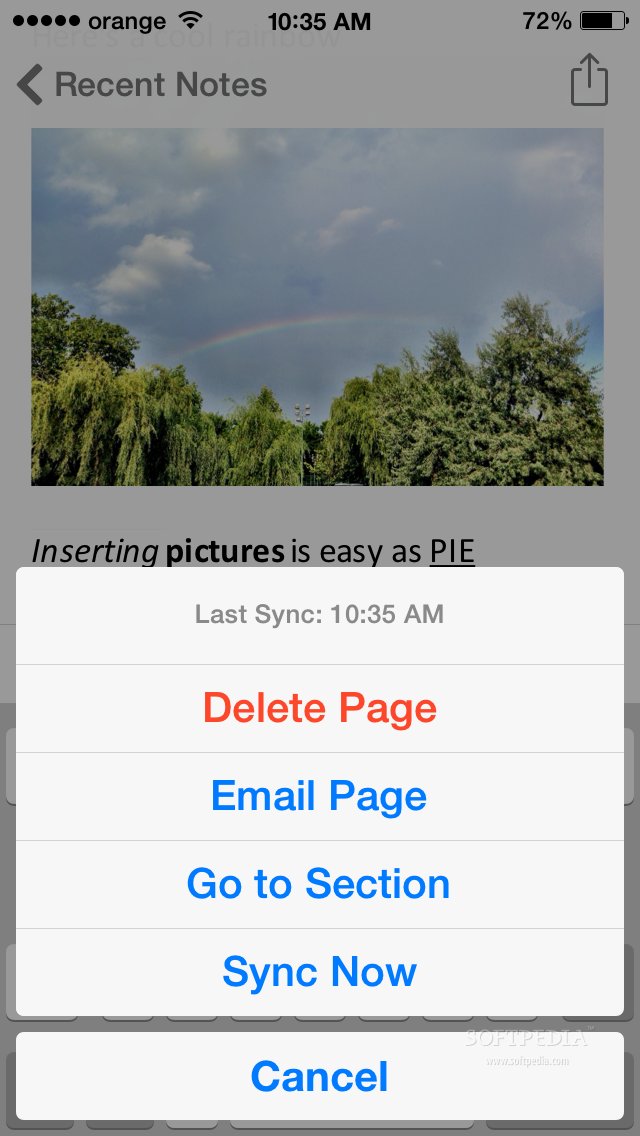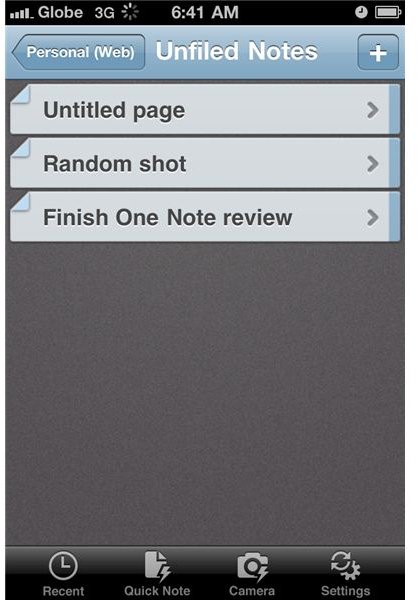

With OneNote, storage comes from OneDrive, where you get 5GB for free.

Microsoft OneNote has the most features of any free note-taking app, and Joplin is our favorite free and open-source option. Typically, if you want to use a note-taking app for free you can, as long as you don't exceed the free storage limit. Several of the best note-taking apps are free or at least have a decent free tier of service. Ultimately, the best note-taking app is the one that clicks for you and the type of notes you take. Many of the best note-taking apps also have email forwarding, meaning you can forward an email to a special address and have the message turn up in your note-taking app as a note. Some use optical character recognition ( OCR) to search text even when it's in an image or PDF. The best note-taking apps have powerful search tools and various ways to organize and catalog your notes. The real value comes in being able to organize, share, and find the notes you need when you need them. You can make to-do lists, save and annotate recipes, keep a record of everyone to whom you should send a thank-you card, save copies of your kids' vaccination records, and on and on. You can keep a daily diary, snap pictures of whiteboards filled with meeting notes, save screenshots from virtual meetings, and record lectures while also writing down their most important ideas in the same place. With the right note-taking app, you can make notes about anything and sync them to all your devices. What movies and books did my friends recommend? In that meeting last month, when did the client say they needed approval by? Where's a copy of my eyeglasses prescription? Note-taking apps can help you be more organized and more productive. Having a good note-taking app is like having your own personal internet where you can look up anything you might ever need to know about your work or personal life, no matter where you are.


 0 kommentar(er)
0 kommentar(er)
